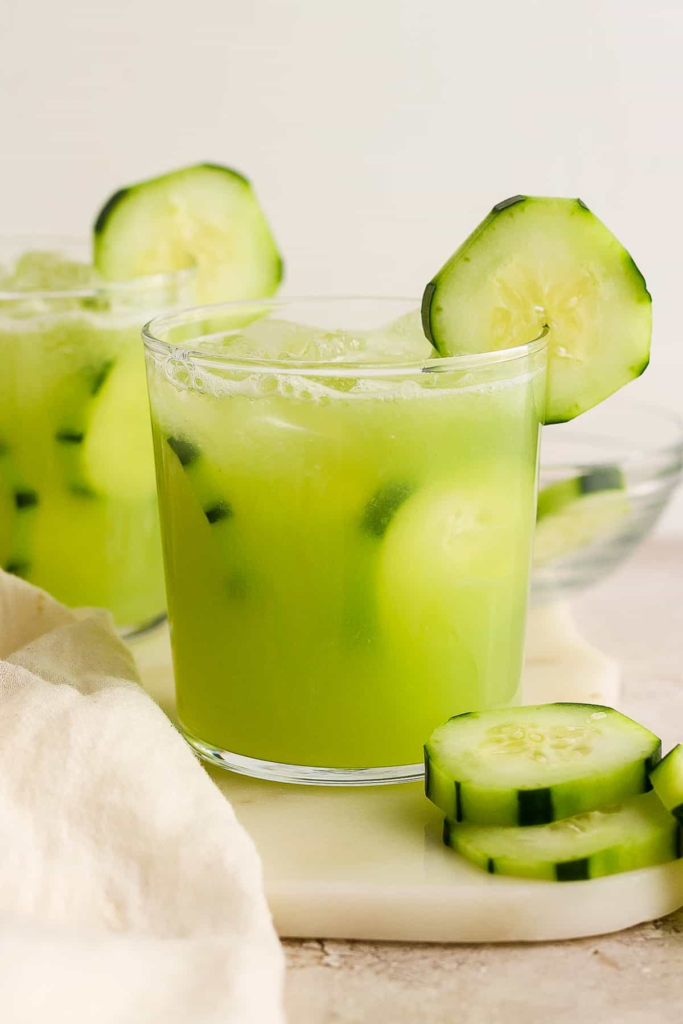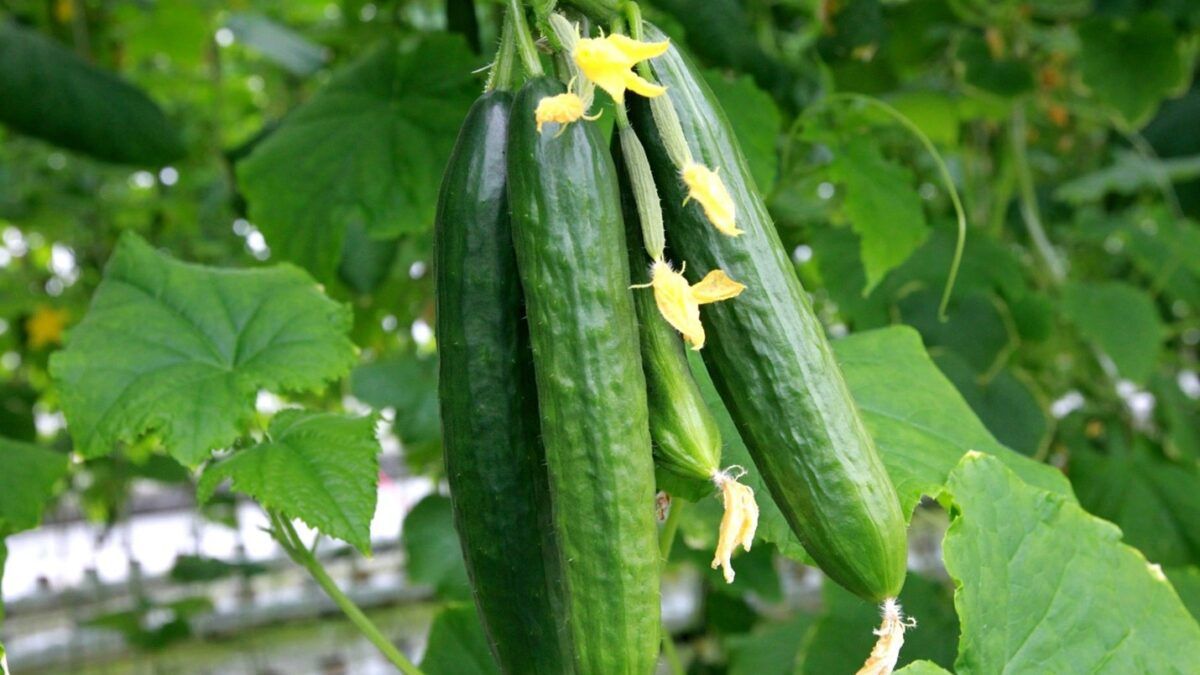Cucumbers, one of the oldest cultivated vegetables, have been grown in India for over 5,000 years. Known for their cooling properties due to their 95% water content, cucumbers were even enjoyed by ancient Egyptians in drinks. As summer approaches, it’s essential for gardeners to grow this refreshing and versatile vegetable. Fortunately, cucumbers are easy to cultivate and offer a variety of uses, from fresh salads to pickles and beverages.
Planting Cucumbers
Cucumbers thrive in warm conditions, so it’s crucial to time your planting carefully. I recommend making at least two cucumber plantings each year. In late May, once the soil has warmed, plant a productive pickling variety like ‘Little Leaf’ to enjoy fresh salads and homemade pickles. If you’re in a region with a mild summer, you can also plant salad cucumbers in early July for late-season harvests.
For a more successful start, consider starting seeds indoors, especially for summer plantings when the weather can be unpredictable. This ensures a healthy crop, as early planting in cool soil may lead to powdery mildew or poor pollination.

Cucumber Pollination
Pollination is key to a successful cucumber harvest. Female cucumber flowers require multiple visits from pollinators, such as honeybees and native bees, to produce fruit. While it can be frustrating to see blooms without fruit, patience is often the best solution. Unlike honeybees, many native bees, including sweat bees, are solitary and work tirelessly to pollinate crops once they discover them. Ensuring a variety of flowers in your garden will attract these beneficial insects, increasing pollination and fruit production.
Preserving Cucumbers: Pickles and More
Making your own pickles is an incredibly rewarding process, and it saves you money. Store-bought pickles are often expensive due to the cost of processing, transportation, and packaging. By growing your own cucumbers, you can make homemade pickles, relishes, and fermented dills with minimal cost and waste. Reuse jars and reduce your environmental impact while enjoying the fresh, tangy taste of pickles year-round.

There are plenty of options for pickling, whether you prefer classic canned pickles, simple refrigerator pickles, or easy freezer versions. The process can be as simple or as complex as you like, with many recipes that suit both beginners and experienced preservers.
Cucumber Soups and Sauces
Cucumbers also shine in soups and sauces. For a refreshing summer dish, try making a gazpacho, a cold soup made from cucumbers, tomatoes, peppers, and onions. Alternatively, you can prepare a yogurt-based cucumber soup, flavored with lemon and herbs, or try a Polish version with buttermilk and chives.

One of my personal favorites is Bulgarian tarator, a cold cucumber yogurt soup with garlic, walnuts, and purslane. It’s a delicious way to enjoy cucumbers, and I even freeze peeled cucumbers to make this soup and other cold sauces in the winter months.
Thirst-Quenching Drinks
Cucumbers aren’t just for solid dishes—they also make excellent hydrating beverages. In Egypt, Mexico, and other semi-tropical regions, cucumber is often paired with lime to create a refreshing cucumber-limeade. More recently, cucumber water has become popular as a detox drink, though its health benefits remain unproven. Regardless, it’s a fantastic, naturally-flavored drink to keep you hydrated without the need for plastic bottles or added sugars.

To make cucumber water, simply steep sliced cucumbers in water for several hours or overnight, then strain and enjoy. For extra flavor, add crushed herbs like mint, lemon balm, or basil. Additionally, cucumber slices or spears can be a refreshing addition to cocktails, pairing beautifully with gin or tequila.
Conclusion
Cucumbers are a versatile and rewarding vegetable to grow. Whether you’re enjoying them fresh in salads, preserving them as pickles, blending them into cooling soups, or infusing them into drinks, cucumbers offer endless possibilities for enhancing your summer meals and beverages. With a little patience and care, you can enjoy cucumbers all season long and well into the colder months.
